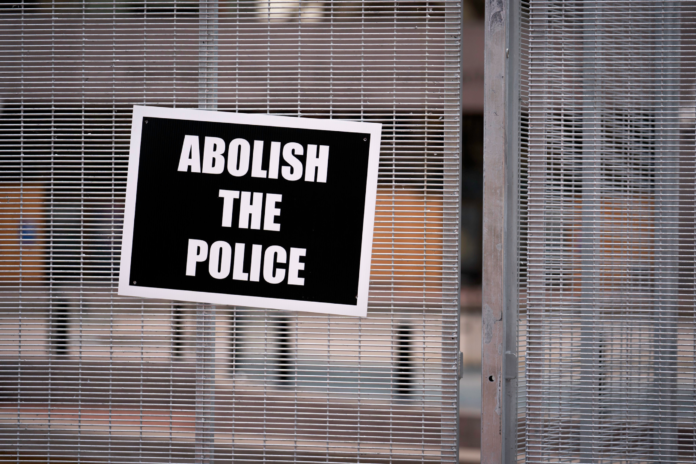
Jim Schultz | Brent Rohlik | Justin Zenanko
We are writing to join the tens of thousands of citizens of Minneapolis and Minnesota who believe that the proposed “public safety” charter amendment would be calamitous for Minnesota’s largest city and its residents.
We come from a unique perspective. Our organization supports police and other first responders who are killed in the line of duty by giving benefit payments of $10,000 to their families (thanks to the generosity of our donors, this will be increased to $20,000 in 2022). Despite much of the current rhetoric, we know that the vast majority of police officers are true public servants. Sometimes this service entails making the ultimate sacrifice, and just this year multiple Minnesota law enforcement personnel have paid that price.
It is in this context that the charter amendment is so troubling. There are many problems with the amendment, but let’s start with the proposal to replace the police department with a department of public safety, to include police “if necessary.”
“If necessary.” To have a ballot question asking whether police are necessary is an affront to every police officer who has gotten up each morning focused on doing everything she can for the people of the city of Minneapolis. Consider a ballot question alluding to the possibility that Minneapolis’s teachers are unnecessary. It is rhetoric like this — driven by unusually reckless members of the City Council — that has undermined police morale and led to the extraordinary shortage of police the city is now facing. The charter amendment should be rejected on this ground alone.
More fundamentally, it is delusional to think that a major city could exist without police. Like many Minnesota residents, we thought that this would have become clear over the past year. As Minneapolis has dealt with a historically low number of police in 2020 and 2021, we have seen record high numbers of murders, gun crimes and other violence. We should be asking how many more police we need, not whether they should be eliminated.
But, we are told, our crime problems can be substantially solved by a “comprehensive public health approach.” That would be an interesting idea for governing the dormitories of a small college but holds less promise for a city of 425,000 crippled by extraordinary violence. Do the promoters of the charter amendment have a plan for what this public health approach would look like? No. Do they have successful precedents to draw upon? No. Do they propose pausing such a plan until more can be learned? No.
Why is a public health approach not enough? Because even perfect public health can’t solve criminality. What public health approach would keep a wealthy serial abuser husband from abusing his wife? What scheme of public health would do justice for the University of Minnesota woman who is raped? What public health approach would deal with the 22-year-old in south Minneapolis illegally selling firearms? One does not have to subscribe to biblical beliefs of human fallenness to recognize that men and women do terrible things even when they are fortunate enough to have available every resource, health or otherwise.
The charter amendment is gravely mistaken, but we would go further. The amendment is deeply immoral. A police force is the central defense available to people living in troubled communities. Minneapolis City Council members comfortably rely on private security at the cost of tens of thousands of public dollars. The less fortunate rely on the police force to ensure their loved ones are not robbed or raped, to end the drug trade on their corners, to halt the gang conflict that sprays bullets through their windows and kills their sons and daughters. To raise the prospect of ending our police force, remaking our approach to crime through a hazy “Department of Public Safety,” the contours of which even today remain undefined, would end in more people killed in our most underprivileged neighborhoods.
Every police department, like every human institution, should be continually evaluated on how it can do better. We welcome that for Minneapolis. What is mistaken and wrong is embracing solutions that are rash, reckless and, given their certain results, morally repugnant. We urge our fellow citizens to vote “no” on the charter amendment on Nov. 2.
Jim Schultz is a vice president and Brent Rohlik and Justin Zenanko are co-chairs of the board of the Front Line Foundation, a 501(c)(3) nonprofit supporting first responders.
















